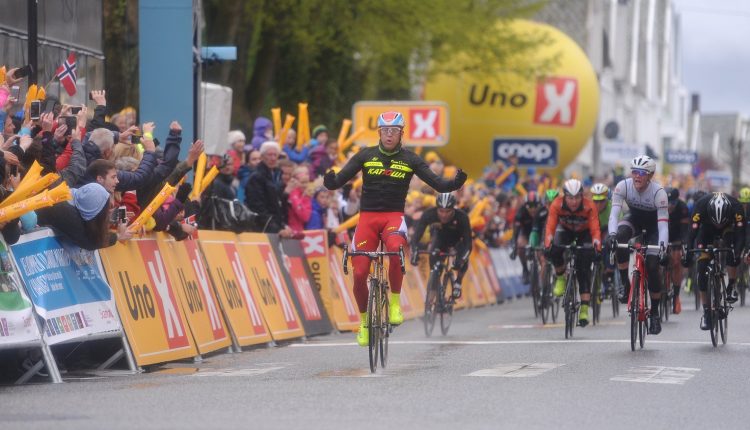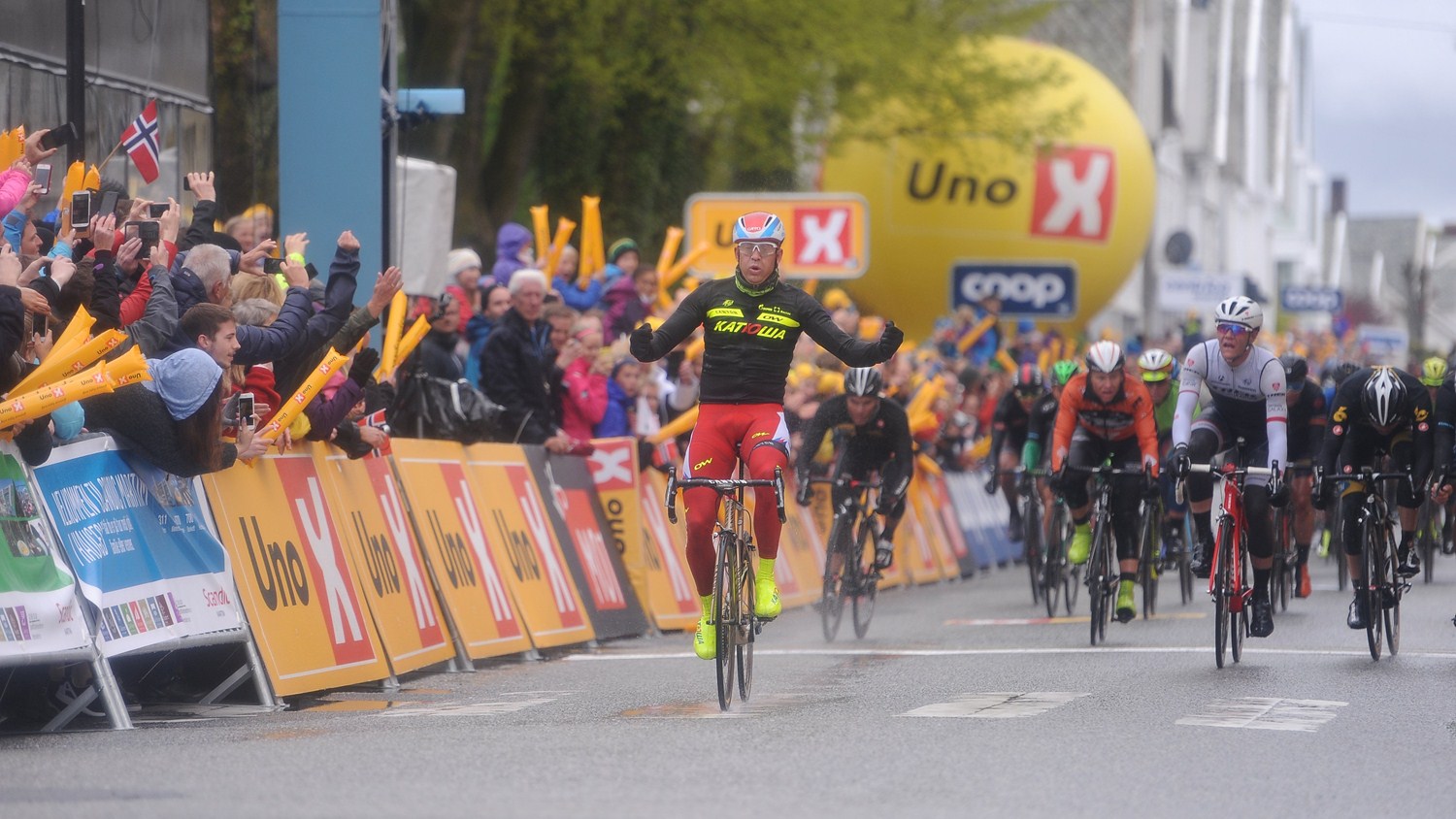
The hi-tech method that will detect Tour de France cheaters
Earlier in the year, The Union Cycliste Internationale (UCI) developed a new high-tech method for detecting fraud in bicycle races — such as hidden motors that could make a bike run faster.
Thee new scanning method will be used in the upcoming Tour de France, in which UCI will use its resources to conduct between 3,000 and 4,000 unpredictable tests.

“Since the beginning of the year, we are sending a clear message which is that there is literally no-where to hide for anyone foolish enough to attempt to cheat in this way. A modified bike is extremely easy to detect with our scanners and we will continue to deploy them extensively throughout the Tour and the rest of the season,” said Brian Cookson, UCI President.
The scanning method consists of a tablet, case, adapter and custom-made software which enable an operator to test a complete bike, wheels, frame, group-set and other components in less than a minute. If the scan picks up anything unusual, the bike or component is then dismantled for inspection.
In trials, the scanning method proved to be highly effective in detecting hidden motors or any components that could contribute to powered assistance. The scanner works by creates a magnetic field and the tablet can detect any interruptions to this magnetic field — which can typically come from a motor, magnet or solid object such as a battery that’s hidden within a frame or other components. The scanners are a flexible tool which allows organizers to test large numbers bikes in short periods.
Other alternatives, such as thermal imaging, X-ray, and ultrasonic techniques have proved to be much less effective than the current method.
“Over the past two years we have made a considerable investment of UCI resources to find a method of testing bikes for technological fraud which is flexible, reliable, effective, fast and easy to deploy. We have consulted experts from a wide variety of professional backgrounds – universities, mechanical, electronic and software engineers, physicists – and worked with the best technology available,” said Cookson. “Our ability to reliably test so many bikes has transformed our work in this area and we will continue to test widely in all our disciplines to ensure that anyone tempted to cheat in this way knows they are highly likely to be caught.”

Comments are closed, but trackbacks and pingbacks are open.